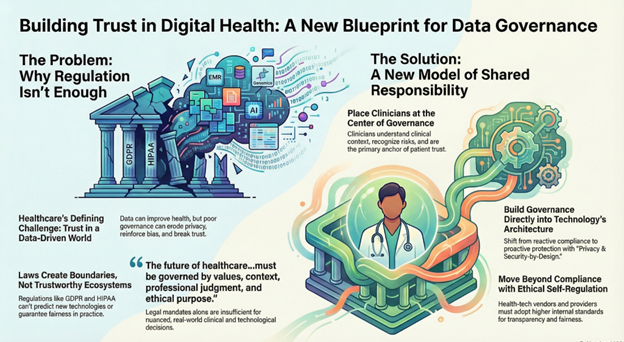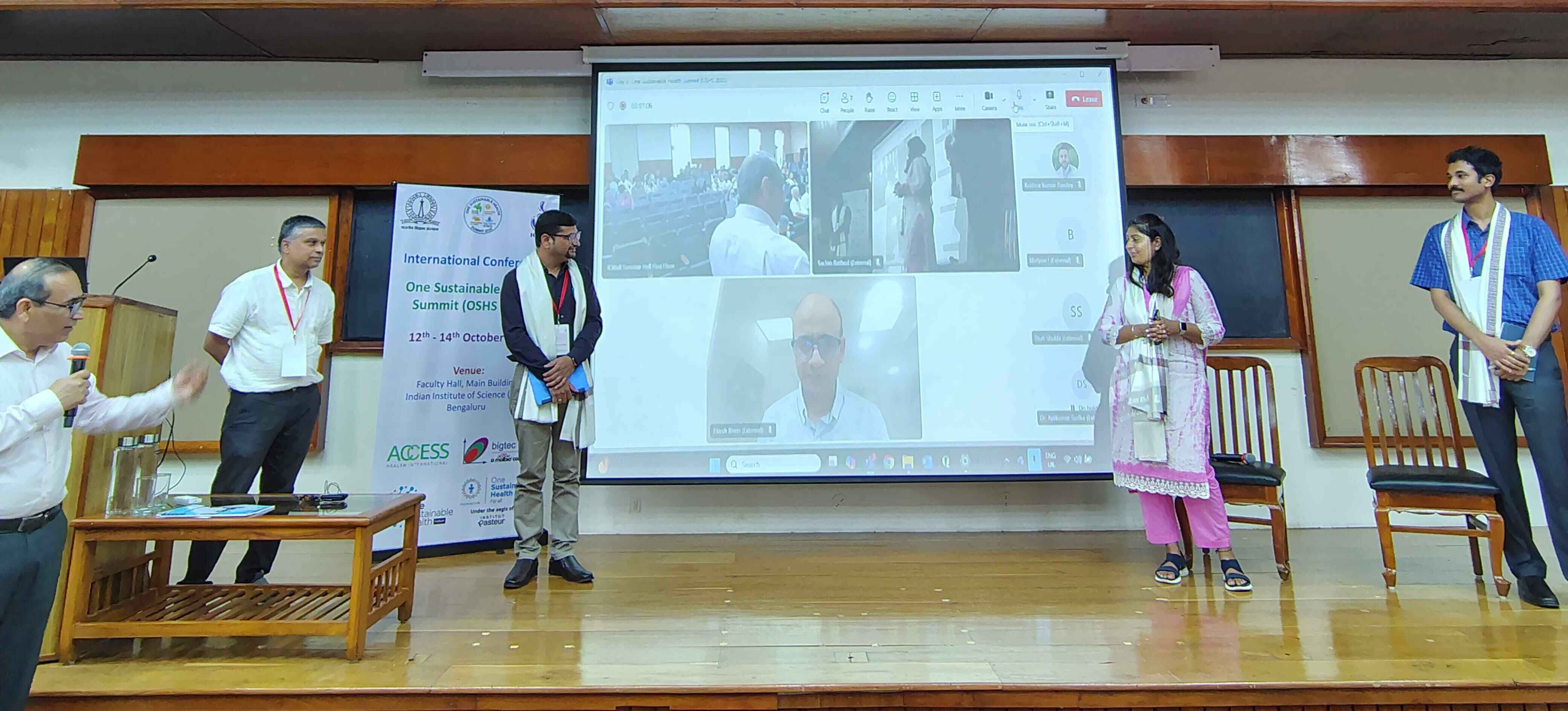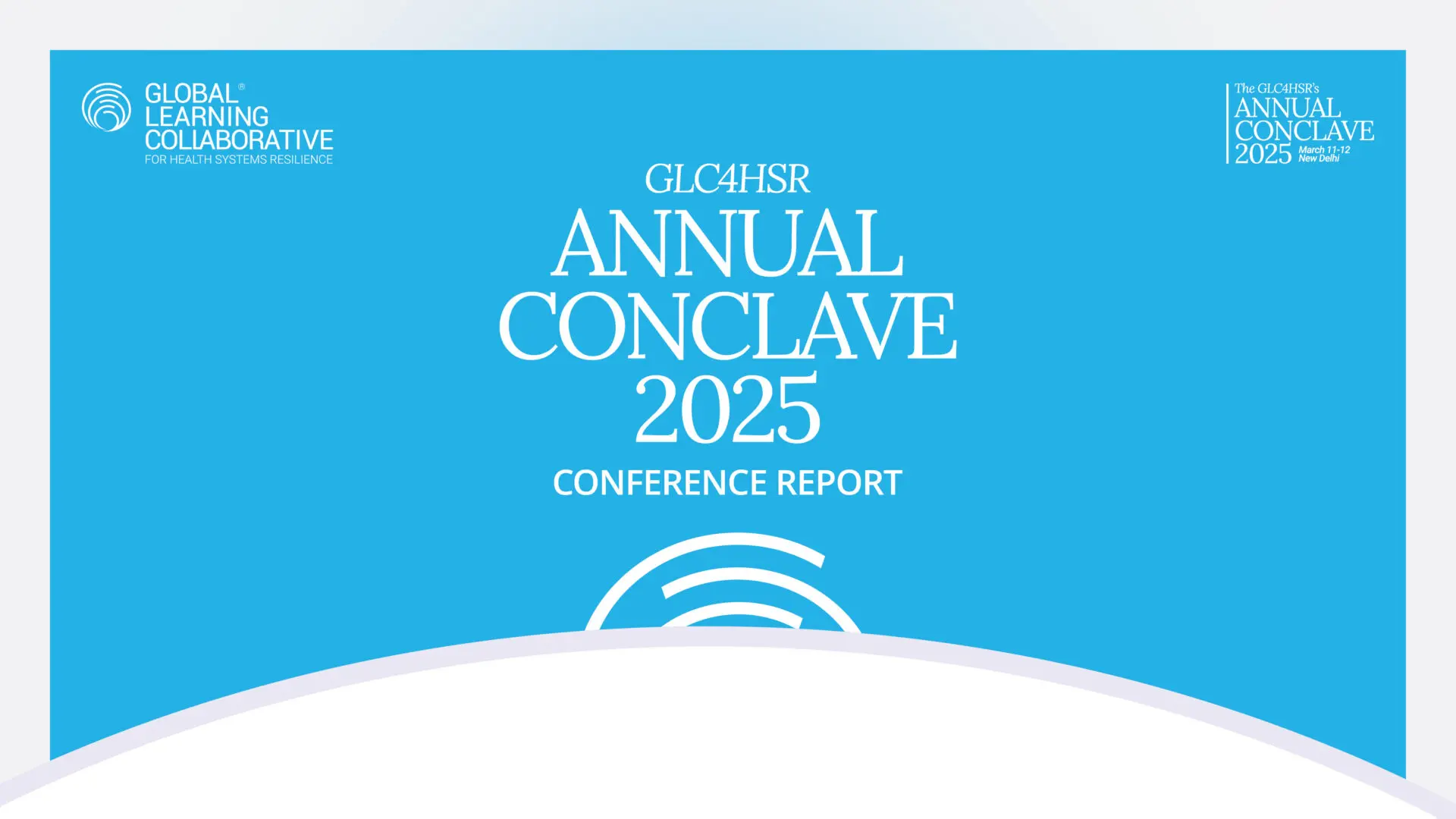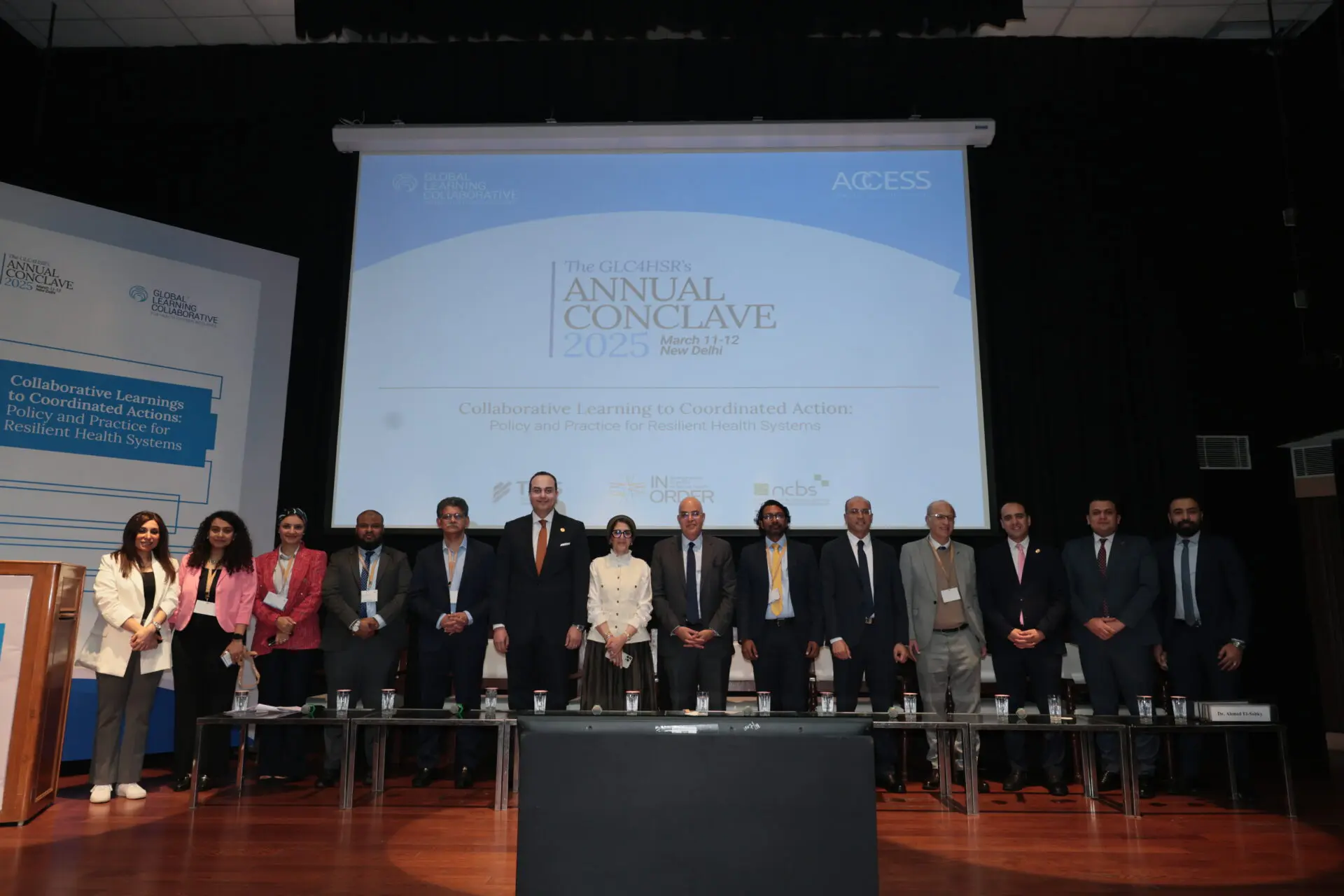Multi-country experiences and lessons during COVID-19: A paper review
Updates ▪ Aug 29, 2023
The inter country variation in response to COVID-19 pandemic has been well documented across the literature. In a pre-delta wave review, Fitzpatrick (2021) examines the challenges of indicators used for international comparisons including incidence, mortality, fatality ratios, population density and resource availability. The paper also delineates the role of ethnicity and apparent differences in mortality rates.[i] In a comparison across 29 countries Huy et al explain that higher vaccination rates and better governance indices have a strong association in the response to the delta and omicron.[ii] Similarly, networks like the Resilient Asia Network[iii], the United Nations Economic and Social Commission for Asia and the Pacific[iv], and Asia eHealth Information Network.[v]
The researchers at the Global Learning Collaborative for Health Systems Resilience have reviewed nearly 200 such papers and reports. In this review we discuss a paper by Haldane et al, published in Nature Medicine[vi] which amalgamates information from a cross-continent and cross-country review of health systems and their response to the pandemic.
The authors conduct a pragmatic review of multiple sources of information. A literature review, national government documents and discussions with experts, was combined to design a comparative analysis of 28 countries. The domains examined in this paper include governance and financing, health workforce, medical products and technologies, public health functions, health service delivery and community engagement.
The review follows a top-down approach of analysis. The authors start by understanding the governance, finance, and cross-sectoral collaboration within countries. It was observed that in the short-term governance and finance systems had the potential to ensure public trust and address the surge. In the longer term, strengthening of these domains can ensure universal health coverage, and improved regulation of the private sector. Medical technologies and research were also a construct of a strong governance structure.
Similarly, interms of health service delivery the review suggested three common approaches for improving access to care. These approaches included revamping health infrastructure, strengthening primary care and use of digital health. Primary care in combination with digital health has been a strong method to improve access.
To improve the availability of human resources most of the systems either reallocated resources, sped the recruitment process or task-shifted or reassigned roles to retired, students or paramedic professionals. In addition, monetary benefits and death allowances to the family members. Few countries also worked to enhance the morale of the frontline workforce.
Lastly, strengthening community engagement and public health functions are not just important in a pandemic but have larger implications for health systems as a whole.
To conclude the highly effective health systems were those who were able to work inclusively and respond comprehensively with a strong primary care. The countries which were able to revamp the service delivery and rationally implement guidelines could ensure cost effectiveness and preserve health system functions. Systems with strong social and financial inclusion could reduce vulnerability of the most unreached.
This paper has been a major precursor for the GLC4HSR’s review of Health Systems Resilience and understanding how to measure it.
Author Dr Anuradha Katyal is Technical Head (Research & Data Analytics) at ACCESS Health International
[i] Fitzpatrick P. The challenges of international comparisons of COVID-19. Ir J Med Sci. 2021;190(2):483-484. doi:10.1007/s11845-020-02370-9
[ii] Huy LD, Shih C-L, Chang Y-M, Nguyen NTH, Phuc PT, Ou T-Y, Huang C-C. Comparison of COVID-19 Resilience Index and Its Associated Factors across 29 Countries during the Delta and Omicron Variant Periods. Vaccines. 2022; 10(6):940. https://doi.org/10.3390/vaccines10060940
[iii] https://www.cikd.org/ms/file/getimage/1120
[iv] https://rrp.unescap.org/
[v] https://www.asiaehealthinformationnetwork.org/
[vi] Haldane, V., De Foo, C., Abdalla, S.M. et al. Health systems resilience in managing the COVID-19 pandemic: lessons from 28 countries. Nat Med 27, 964–980 (2021). https://doi.org/10.1038/s41591-021-01381-y






